Let's Give A Spotlight to Our Hard-Working Local Nurses!
National Nurses Week is May 6-12, but if you're lucky enough to have a nurse in your life, thank them every day!
Healthcare is not for the faint of heart. On the best of days, performing the duties of a practitioner is difficult. On the worst of days, frontline workers witness more tragedy than any of us should have to. They work diligently. They work tirelessly. They stay positive, for us!
I spoke to several nurses from hospitals and clinics around New Orleans, to get their perspective on the pandemic, to learn about their daily lives, to hear about their hopes for the future, and to ask them what we can do to best support them in an ongoing way.
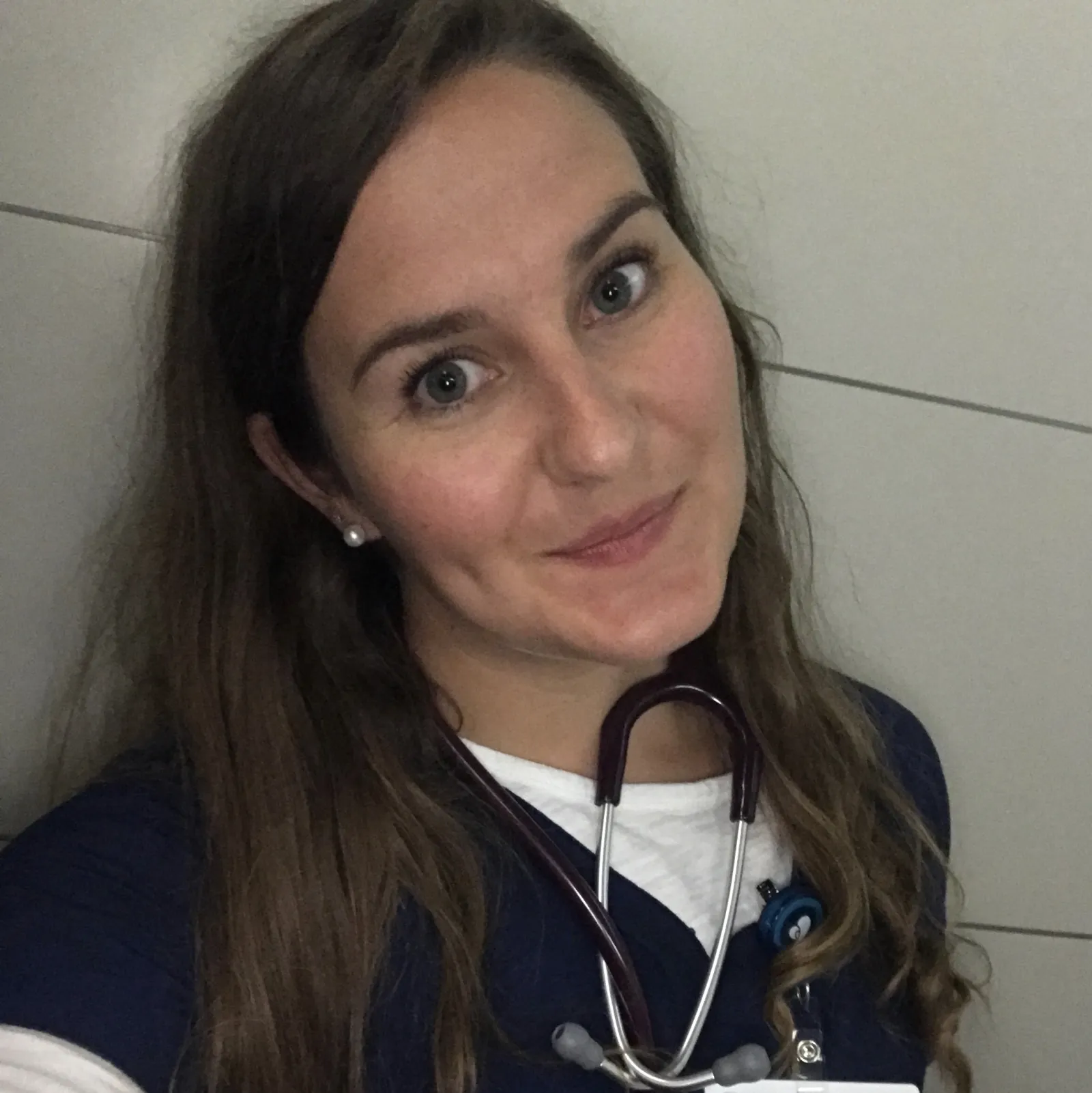
Rebecca Songy, ICU RN
"The best way to take care of nurses right now is by taking care of you, so that we don't have to. Make your baseline healthy. Quit smoking. Thank us from afar! I think people now are so much more aware of their health and more receptive than they've ever been. That's a huge thing for us, as nurses, reaching people at that preventative stage because once you get to the treatment stage, the damage has already been done. I love so many aspects of my job. I love how much I have to think. I love how interconnected the body systems are. I change one medicine and it changes a symptom, and then I have to change another medicine. My favorite part of my job is my coworkers. They're some of the strongest, smartest people I know. When the world locked down, we weren't able to rely on our normal support system of family and friends. We were spending hours and hours every day together. We relied on each other. We leaned on each other in every way. We became a family."
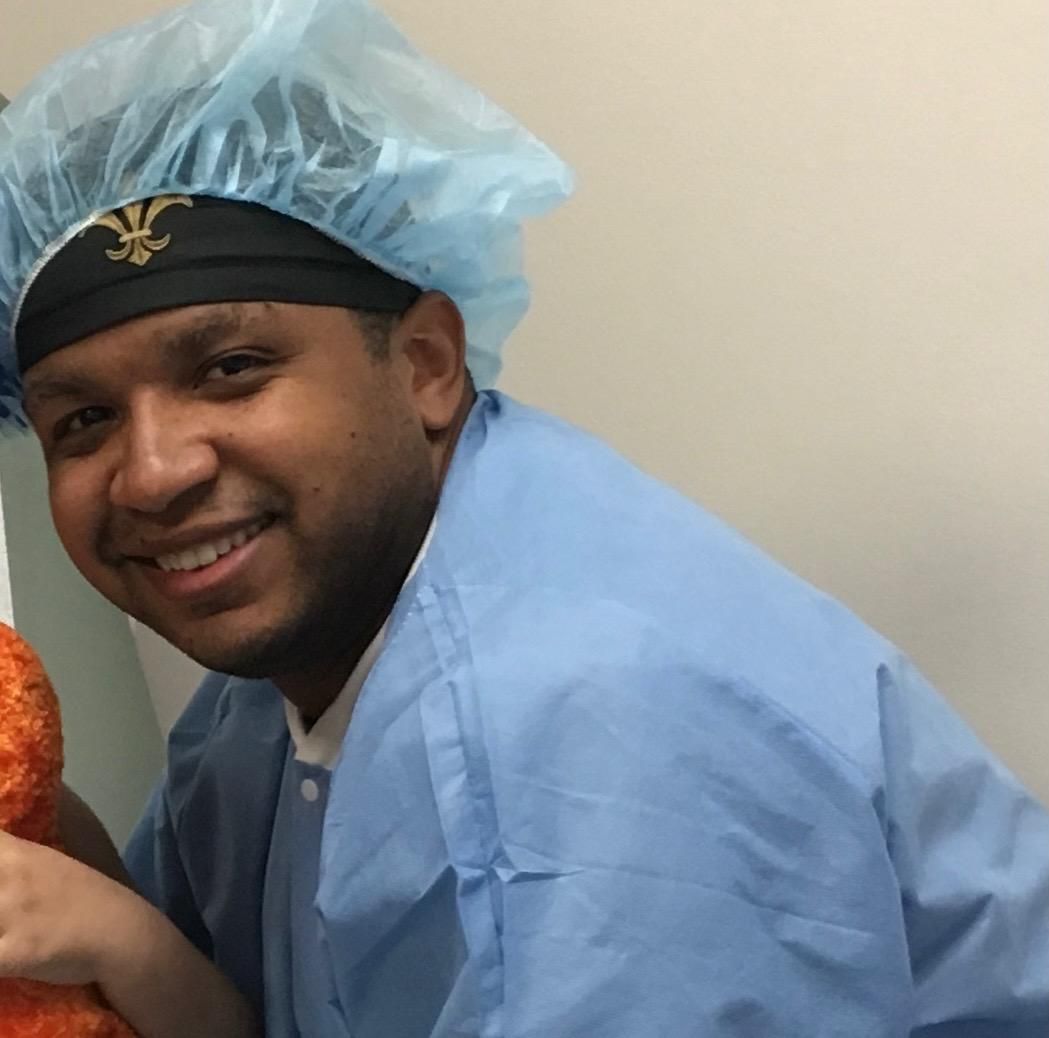
Brandon Brown, BS MN CRNA
"I do anesthesia, so my job is a matter of meeting someone who's about to have surgery—nine out of 10 times, that person is nervous. I make them feel comfortable, let them know they can trust me. We do the procedure, wake them up, and make it feel effortless. The most rewarding thing is when I bring them to recovery and they say, "When are we going to do the surgery?" and I get to say, "It's already done." As chief of my department, I have to lead my team into battle, to keep in mind how every individual is doing physically and emotionally, navigate what happens when someone tests positive or their family member does. For encouragement, I put N95 masks in brown paper bags with memes that said, "We ride at dawn!" The mental health aspect of this past year has taken a toll on me, so I know it has for others. It has also allowed me to push the reset button and reprioritize what I care about the most. I accept that you can't stop time, so we have to make the most of it. Take precautions. Be more selfless than selfish. We've come a long way and it can be done. We just have to see the overall picture."
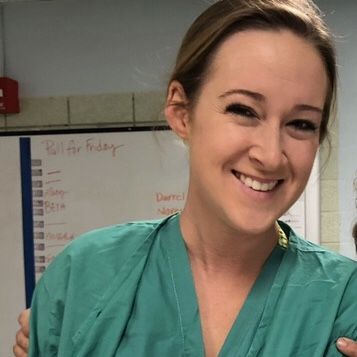
Laiken Bourgeois, RN
"There are five or six nurses in my family, including my mom. It's a great career. You see nurses coming home exhausted, but they make it seem worth it and it is. I work in the operating room but was switched back to bedside critical care when everyone was needed there for a while. I didn't mind the crazy hours because there was hazard pay and all the amazing Feed the Frontline food. I have two boys. They're 8 and 11 years old. They like to do their own thing, so when everything first shut down, even though I was working a lot, I enjoyed my family all being stuck at home with me. There's no groundbreaking news about taking care of yourself: Don't smoke. Eat healthy. Exercise. Drink a lot of water. It's basic things that will keep you going and keep you feeling good. Everybody wants an immediate cure and it's not always like that. When you feel bad, it can just be because you aren't exercising or eating what you're supposed to eat."
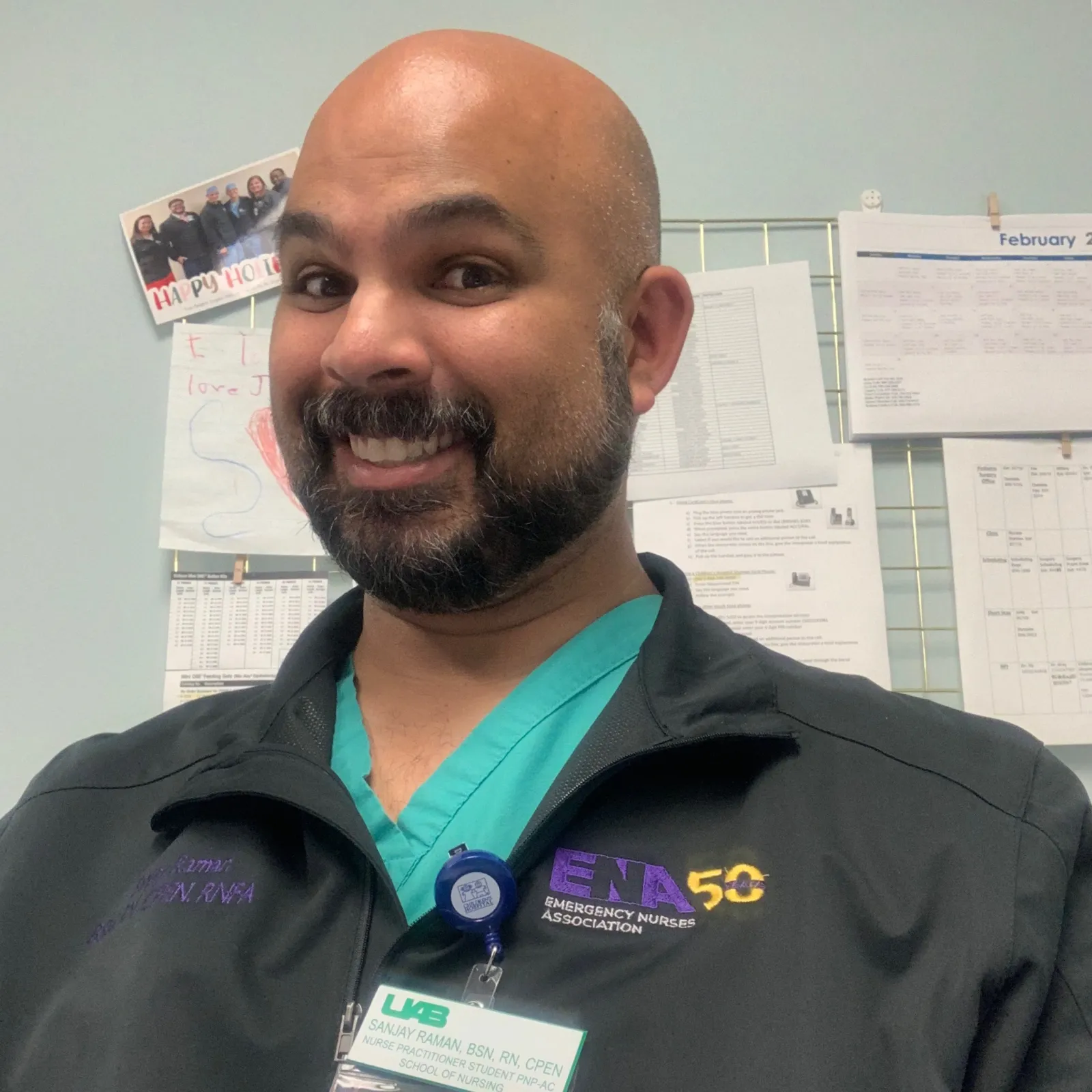
Sanjay Raman, BSN, RN, CPEN Emergency Dept.
"I worked for New Orleans EMS for years—becoming a pediatric nurse was a calling. The kids make it enjoyable to go to work every day. A lot of emergency nurses, and nurses in general, questioned if this was the profession for them with all the added stress of this past year, but pretty much everyone I know still responded with a resounding, "Yes!" My population of kids, they weren't in school, they had all this time, so they've been getting into all this trouble and we've had a lot more traumas coming in. As a kid, I also frequented Children's Hospital for stitches. I was the first clinician at LCMC to get the vaccine. I was super stoked. As soon as you are eligible to get the vaccine, please do! I don't want to see any more small babies coming into the hospital with COVID. I don't want to see more kids with multi-system inflammatory symptoms from the aftermath of the disease. I have a son, William, who's 3 years old. He's still at risk. When you get vaccinated, you help protect our kids. I'm super hopeful that these whole COVID days of danger will soon be in the past. This was gonna be my first year riding in Orpheus. Hopefully, next year, I'll be up there throwing beads at everybody!"
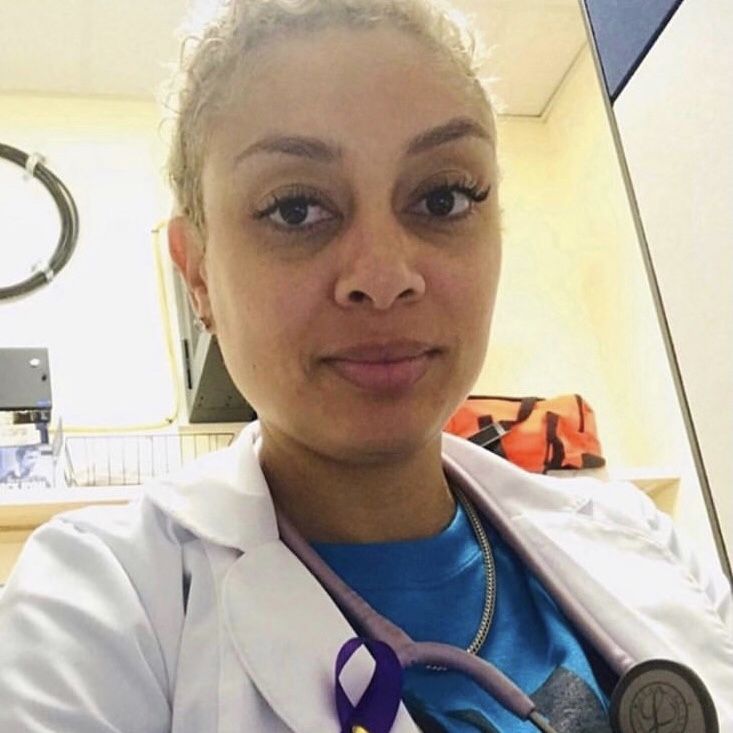
Brittany Brimmer, FNP
"I enjoy being able to educate, empower, and engage patients in their healthcare. I'm hoping that the pandemic comes to an end and that we can come back to some normalcy overall; my other hope is that everyone gets serious about their health. I find there's a lack of knowledge about the system and that's where some of the fear and discomfort comes from that makes people avoid healthcare in general. It's best to find a provider that you feel comfortable with. I always tell my patients, 'This is a collaboration. We're gonna sit down and come up with a plan that works best for you.' I think if people can look at it a little more like that, we can shift away from the disparities and find a way to include everyone. If I get tired, if I give up, we won't make any progress. When I leave work, I have conversations about health with family and friends. Healthcare providers carry this on our backs, but it's what we signed up for. Nursing is not pretty. It's not about dressing up and wearing scrubs every day. It's about helping people. And in helping people, things can get ugly, but you see a reward in it, positive outcomes—there's nothing like seeing a patient recover or thanking you for listening to them. That's what keeps me going."

